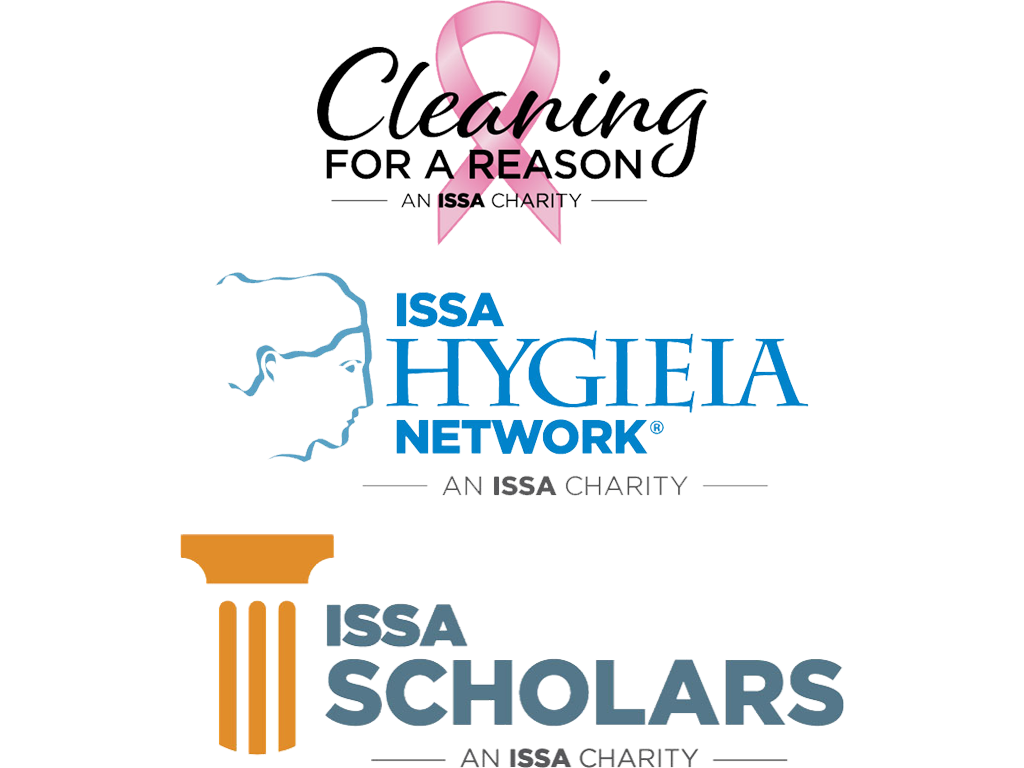Articles
ISSA Member Profile: MATISZ
Categories: Member Profiles
By ISSA Staff | August 6, 2013 << Back to ArticlesAccessible by: anyone
The Hungarian Cleaning-Technology Association (MATISZ) was established in 1999 to advocate on behalf of the cleaning industry. Based in Budapest, Hungary, MATISZ has 76 member companies and represents some 40,000 workers who cover 35 to 40 percent of the Hungarian cleaning industry.
MATISZ’s key responsibilities include supporting members within the Hungarian cleaning industry, providing technical assistance, and creating fair competition in the area of public procurement. The association also campaigns for fair pricing within the Hungarian cleaning industry.
MATISZ focuses on promoting a favourable perception of the cleaning profession while also helping to endorse the industry as a whole. MATISZ also supports the introduction of eco-friendly cleaning technology within the industry by highlighting the environmental and social value of these materials at various meetings and conferences with industry professionals.
The formal partnership between MATISZ and ISSA started in April 2013. MAITSZ already has recognised the benefits of belonging to an international organisation like ISSA. One of the key advantages is the way in which the partnership has reinforced the notoriety of MATISZ itself. Moreover, with ISSA’s support of our Clean Europe 2013 initiative at the ISSA/INTERCLEAN® Central & Eastern Europe 2013 trade show, MATISZ has gained additional value and appreciation across the industry. MATISZ has events planned in collaboration with ISSA for 2014, including a presentation at the ISSA/INTERCLEAN Amsterdam trade show, May 6-9, 2014.
The Hungarian cleaning industry also has benefitted from MATISZ’s relationship with ISSA, as MATISZ is now able to translate and publish a variety of our literature to ensure that it can be read by a wider audience.
Currently there are a number of structural issues facing the Hungarian cleaning industry, such as low standards and expectations within the industry and unfair market prices. Moreover, maintaining an appropriately sized and adequately trained work force is a critical issue. Although there are secondary- and higher-education course options relevant to the cleaning industry in Hungary, there are only a few applications for the courses. The concept and introduction of eco-friendly products and practices is also another challenge the Hungarian cleaning industry currently faces.
By continuing our strong partnership with ISSA, MATISZ can overcome these issues through the introduction of more events and conferences informing people about the value of the cleaning industry and promoting new environmentally friendly initiatives.
There is a bright future for the relationship between MATISZ and ISSA; we will develop an even closer co-operation through a greater exchange of information. Ideally, this partnership will grow through the development of interpersonal relations between the associations’ members as well as official relations between the two associations’ leadership teams.


